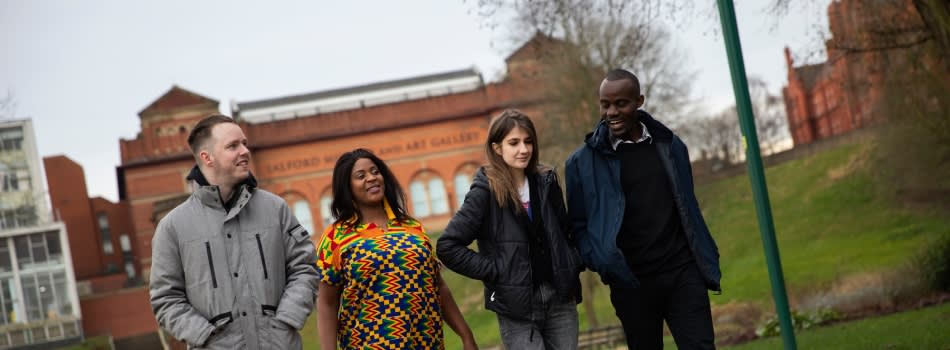Prof L Kenney, Prof D Howard, Dr S Thies, Dr A Galpin
No more applications being accepted
Funded PhD Project (European/UK Students Only)
About the Project
Supervisors: Professor Laurence Kenney, Professor David Howard, Dr Sibylle Thies, Dr Adam Galpin.
We are offering a fully funded PhD focusing on the design of upper-limb prostheses, to start in July 2018. The proposed PhD will extend our understanding of the human and design factors that impact on the functionality and real-world usage of body-powered upper-limb prostheses. The PhD will be carried out alongside an EPSRC-funded project entitled “Fit-for-purpose, affordable body powered prostheses”, which aims to design better low cost prostheses for the developing world. The study will build on our team’s recent award-winning work in the area of upper-limb prosthetics, (Chadwell et al. Frontiers in Neurorobotics, 2016) and (Chadwell et al. P&O Int, in press) and will involve collaboration with three other Universities in the UK, as well as teams in Jordan and Uganda.
Body-powered prostheses offer a uniquely simple, but potentially very effective means of restoring function and cosmesis for people with upper limb absence. However, recent studies from the Netherlands and US indicate that current designs have significant limitations including: friction in the cable connecting the shoulder harness to the hand, leading to poor control and low grip force; the user must choose either voluntary-closing or voluntary-opening; heat related discomfort particularly in many developing countries; and acceptance issues related to poor cosmesis. Furthermore, we have very limited knowledge on the extent to which design features and human-factors, such as accuracy of grip force control, may affect the ability of users to perform everyday tasks, particularly in the real-world rather than the laboratory. This type of knowledge is critical if we are to design better body-powered upper-limb prostheses.
Firstly you will develop a model relating prosthesis design features and relevant human factors to prosthesis functionality. In parallel with this, you will develop a method for monitoring the real-world use of body-powered prostheses and carry out experimental work in the UK, Uganda and Jordan to explore the complex relationships between prosthesis design, user ability, prosthesis functionality and real world use. Finally, based on these results, you will work with the project team to identify design solutions that overcome the main limitations of current devices, while utilising local materials and workshop facilities.
The successful candidate will join our successful and friendly Rehabilitation Technologies and Biomedical Engineering research group http://www.salford.ac.uk/research/health-sciences/research-groups/rehabilitation-technologies-and-biomedical-engineering. You will be part of an enthusiastic project team including researchers based in four UK universities, Jordan and Uganda. The PhD offers an excellent opportunity to receive a high quality, truly multi-disciplinary research training in an area that could have a substantial positive impact on the lives of many people living with the consequences of limb loss.
Eligibility
This is a funded PhD project for which only UK/EU candidates are eligible to apply. The funding covers UK/EU fees and an annual bursary of £14,553 Candidates should have a first or upper-second class honours degree in an area relevant to the proposed research. This includes mechanical or biomedical engineering, physics, or human movement sciences. Candidates with other closely related first degrees should first contact Professor Laurence Kenney to discuss their suitability.
Application process
Informal enquiries to Professor Laurence Kenney ([Email Address Removed]).
APPLICATIONS SHOULD BE SUBMITTED AS FOLLOWS:
1. Please email a copy of your CV, a research proposal based on the outline above (~2000 words) and the names and contact details of two referees to Professor Laurence Kenney ([Email Address Removed])
2. Please also submit a formal application via
https://www.salford.ac.uk/study/postgraduate/applying/applying-for-research. When applying, candidates are advised to clearly indicate the project title and supervisor, as well as notify our administrator [Email Address Removed] The course title to select is Biomechanics, Biomedical, Engineering and Human Movement Sciences.

 Continue with Facebook
Continue with Facebook


